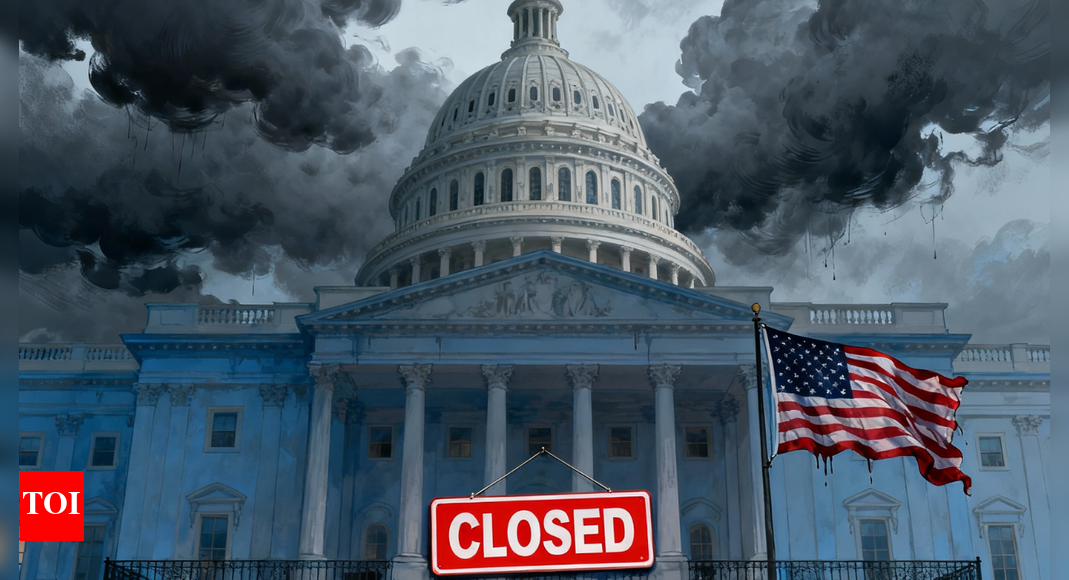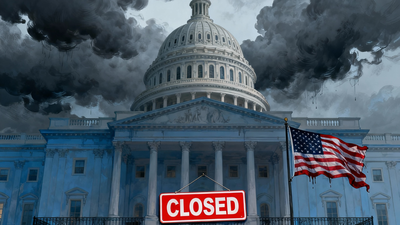
The ongoing US government shutdown has created a significant data vacuum, impacting the release of vital federal economic statistics, from employment figures to national GDP measurements.The information gap is set to widen as authorities postpone releasing third-quarter GDP figures for the largest economy globally.
The US administration has postponed various reports on employment, trade and retail sales, with limited staff recalled only to produce essential inflation data necessary for Social Security payment calculations.The political standoff between Congressional Republicans and Democrats continues, with neither side conceding responsibility for the shutdown, whilst food assistance for numerous Americans hangs in the balance.Experts indicate that this increasing data absence could negatively influence business decisions regarding employment and investments. “There’s a huge demand right now for government data,” said Heather Long, chief economist at Navy Federal Credit Union. “Every industry is trying to figure out if the Federal Reserve is going to keep cutting interest rates,” he added.“This is the time of year where most organizations are finalizing their budgets for 2026,” Long further told AFP. “So, almost any company is sitting there thinking: Do we think 2026 is going to be an uptick? Or a slowdown, or a recession?”The Congressional Budget Office, a nonpartisan organisation, estimates economic losses of up to $14 billion due to the shutdown.Oxford Economics’ economist Matthew Martin suggests businesses will adopt a cautious approach, considering the uncertainty already created by President Trump’s tariff policies. “Businesses would therefore reduce their overall hiring to be on the safe side of things, until they see data that really points towards increased demand, or at least stabilization in the economy,” he told AFP. Financial market participants require this data to make informed investment decisions across various asset classes.Meanwhile, Goldman Sachs’ recent analysis suggests that if the shutdown extends through mid-November, as predicted, most delayed data releases will likely be postponed until December. The report warns of potential distortions affecting both October and November data.Long emphasises the risk of permanent October data loss due to collection delays during the shutdown. Whilst retrospective data collection remains possible, extended delays could compromise accuracy and reliability. The situation risks producing either no data or “tainted data” as recall accuracy diminishes over time. Despite access to private sector information, analysts emphasise that government statistics remain irreplaceable as the most reliable economic indicators. “We have a remarkable amount of uncertainty about just literally what’s happening with labor supply, like how many people are in the United States and want jobs,” said Brookings Institution senior fellow Wendy Edelberg. She noted significant uncertainty regarding emigration figures since early 2025.Wells Fargo senior economist Sarah House acknowledges recent strong GDP growth whilst noting underlying economic pressures and uneven distribution of economic benefits. She emphasises the shutdown’s negative economic impact: “If you’re not sure when your next paycheck is coming as a government worker, you’re not going to be going out to eat for dinner.” “You’re maybe pushing off a trip, or just not buying little discretionary things.“








